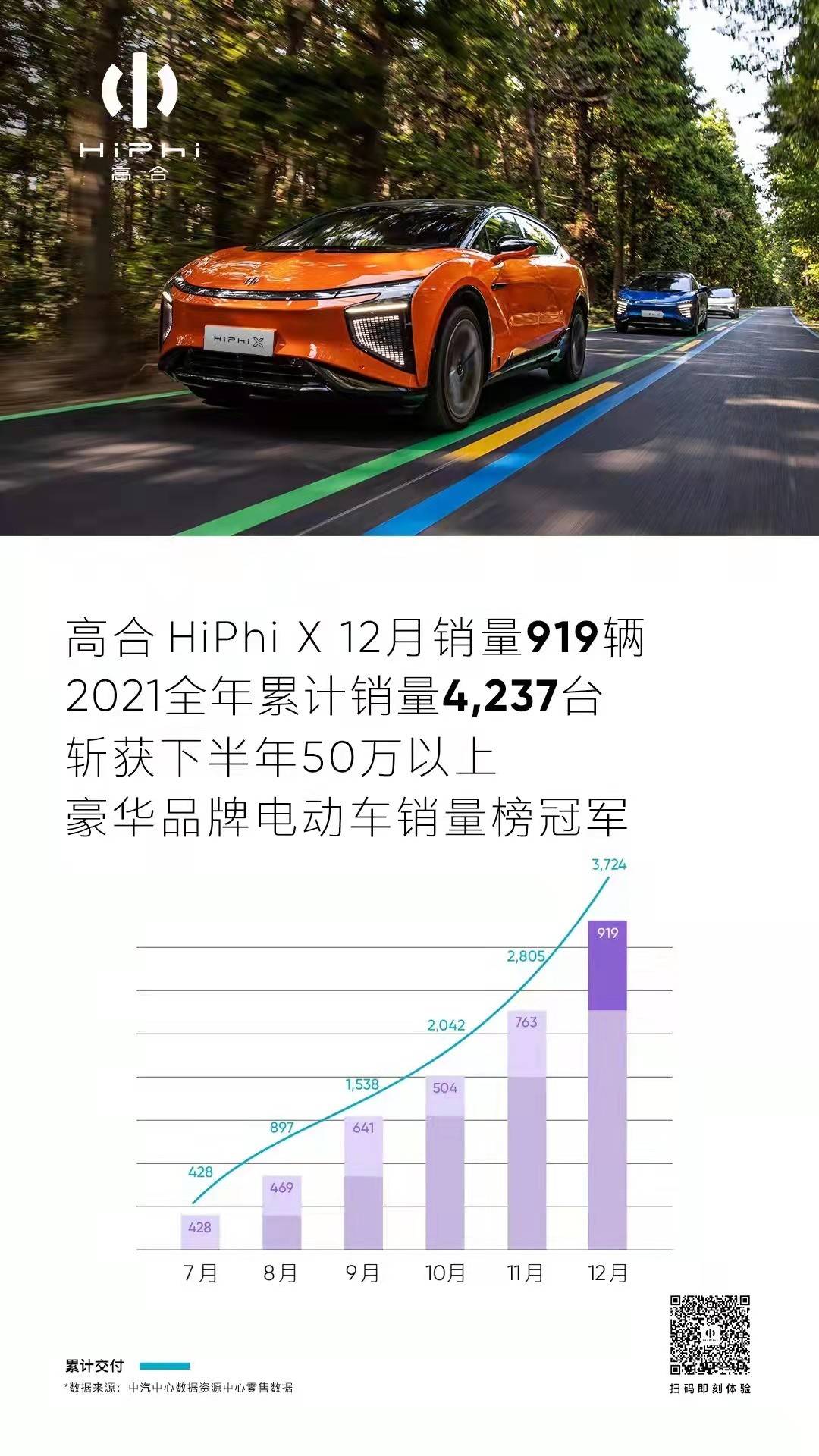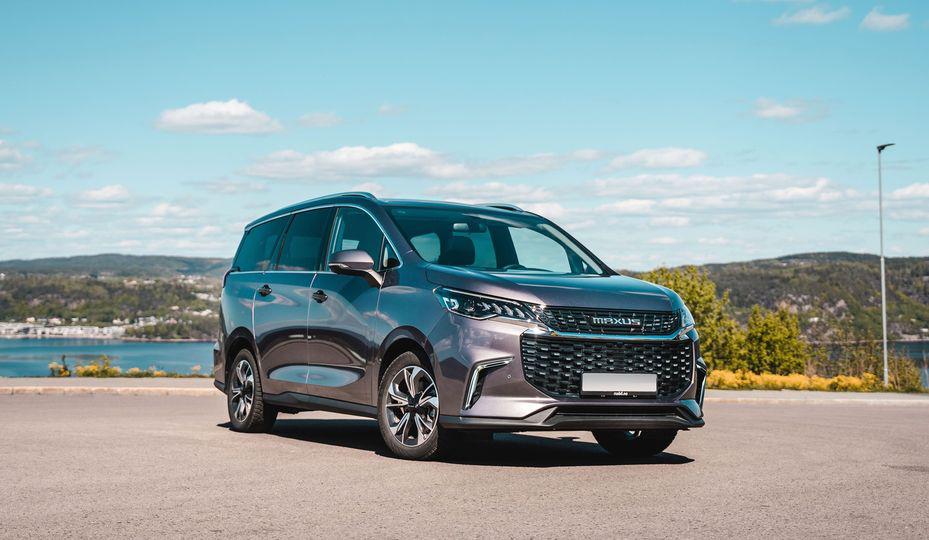Title: Defining Tesla: The Revolutionary Electric Vehicle Company
Tesla, founded in 2003 by Elon Musk, is a groundbreaking electric vehicle (EV) and clean energy company headquartered in Palo Alto, California. The company's mission is to accelerate the world's transition to sustainable energy by producing affordable, high-performance electric cars. Tesla's innovative approach to EV design includes the use of cutting-edge technology such as autopilot and renewable energy storage systems. The Model S, X, and 3 are popular luxury EV models, while the Model Y and Cybertruck represent Tesla's entry into the SUV and pickup truck segments, respectively. In addition to its automotive business, Tesla also operates solar panel manufacturing and energy storage solutions through its subsidiary, SolarCity. Despite facing challenges in the global market due to regulatory barriers and competition from established automakers, Tesla has continued to innovate and expand its product portfolio. The company's success can be attributed to its commitment to sustainability, innovation, and customer experience. With a focus on developing advanced EV technology and expanding its global presence, Tesla is poised to play a significant role in shaping the future of the automotive industry and sustainable energy.
Tesla, the groundbreaking electric vehicle (EV) company founded in 2003, has taken the automotive industry by storm with its innovative technology, sleek design, and commitment to sustainable energy. In this article, we will dive into the world of Tesla, exploring its history, product lineup, business model, and future prospects. We will also provide a comprehensive definition of Tesla as a brand, highlighting its key characteristics and values that have made it an icon in the EV space.
1、A Brief History of Tesla
Tesla was founded by Elon Musk, a visionary entrepreneur with a passion for clean energy and sustainable transportation. Musk's goal was to create a high-performance electric car that could compete with gas-powered vehicles on terms of range, performance, and price. In 2003, he recruited a team of experts to develop the first Tesla Roadster, a luxury sports car powered by a rechargeable lithium-ion battery pack. The Roadster was launched in 2008 and quickly became a symbol of innovation and progress, setting multiple records for acceleration and endurance.
Over the next decade, Tesla continued to expand its product portfolio, releasing a range of models designed for different segments and markets. These included the Model S, a full-size luxury sedan equipped with advanced safety features and long-range capabilities; the Model X, a crossover SUV with falcon-wing doors and autonomous driving capabilities; and the Model 3, a mid-size compact sedan that aimed to make electric cars accessible to a wider audience. Tesla also introduced a line of energy products, such as solar panels and home energy storage systems, to help customers integrate renewable energy into their lives.

In addition to its innovative products, Tesla has also developed a unique business model that relies on direct sales and customer service. Unlike traditional automakers that rely on dealerships and middlemen, Tesla sells its cars online and offers personalized support through a network of service centers and repair technicians. This model has helped Tesla reduce costs and improve efficiency, while also providing customers with a higher level of convenience and transparency.
2、Tesla Product Line
Tesla's product line is divided into three main categories: cars, energy products, and infrastructure. Each category represents a distinct segment of the company's target market and value proposition.
The Cars Category
The Tesla cars are the core of the company's business and represent its most significant investment in research and development. The Model S, Model X, and Model 3 are all high-performance electric sedans that offer impressive ranges, fast accelerations, and sophisticated interior features. The Model S is the flagship model, targeting luxury customers who value performance and style. The Model X is an SUV-inspired design that blends practicality with elegance, while the Model 3 is a more affordable option that aims to make EVs accessible to a broader audience. All three models share a common platform architecture and use advanced sensors and software to optimize performance and safety.

The Energy Products Category
The Tesla energy products include solar panels, home energy storage systems, and charging infrastructure. Solar panels are designed to generate clean energy from the sun and can be installed on roofs or in fields. Home energy storage systems store excess energy generated by the solar panels during peak hours and release it when needed, helping customers save money on their electricity bills. Charging infrastructure includes both stationary chargers and mobile chargers that can be used at home or on the road. These products complement Tesla's cars by enabling customers to generate their own electricity from the grid and use it whenever they need it.
The Infrastructure Category
Tesla's infrastructure category includes public charging stations and other services that enhance the convenience and accessibility of EV travel. Public charging stations are available at various locations around the world, including highways, shopping malls, and airports. Tesla also offers a network of Superchargers that can recharge its cars faster than traditional AC chargers, allowing drivers to reach long distances in a matter of hours. In addition to these tangible assets, Tesla also operates various online platforms that provide information about its products, services, and community.
3、The Future of Tesla

As one of the most promising companies in the automotive industry today, Tesla faces both challenges and opportunities in the years ahead. On one hand, it must continue to innovate and refine its products to meet evolving customer needs and market trends. On the other hand, it must overcome regulatory barriers, navigate global economic uncertainties, and manage its growth effectively. Despite these challenges, many experts believe that Tesla has what it takes to become a dominant force in the EV space for decades to come. Some of the factors that contribute to this optimism include:
a) Strong Financial Performance: Tesla has delivered consistent profits and revenue growth over the past few years, demonstrating its ability to balance innovation with profitability. Its strong cash position also allows it to invest heavily in R&D and expand its global footprint without compromising on returns on capital invested (ROCI).
b) Growing Market Share: As more consumers become aware of the benefits of EVs and as governments introduce supportive policies, demand for Tesla's products is expected to increase significantly in the coming years. According to some estimates, Tesla could capture up to 20% of the global EV market by 2030, thanks to its competitive pricing strategy, brand reputation, and technological prowess.
c) Diversification Plans: While Tesla's core business revolves around electric cars, the company has expressed interest in expanding into other sectors such as autonomous driving, battery manufacturing, and solar panel production. These diversification plans could help Tesla reduce its reliance on any one product or market segment and increase its overall resilience in times of economic downturn or technological disruption.
4、Definition of Tesla as a Brand

Tesla is much more than just an electric car company; it is a brand that embodies innovation, sustainability, excellence, and social responsibility. At its core, Tesla represents a vision of a better future for humanity – one where people can travel faster, safer, cleaner, and more sustainably without sacrificing comfort or convenience. To achieve this vision, Tesla combines cutting-edge technology with human-centered design principles that prioritize user experience over functionality alone. It also emphasizes environmental stewardship by using renewable energy sources and minimizing waste throughout its operations. Finally, Tesla seeks to inspire change by leading the way in electric mobility and promoting sustainable practices throughout its supply chain partners. By embodying these values and principles, Tesla has become a powerful force for positive change in our world today.
与本文知识相关的文章:



